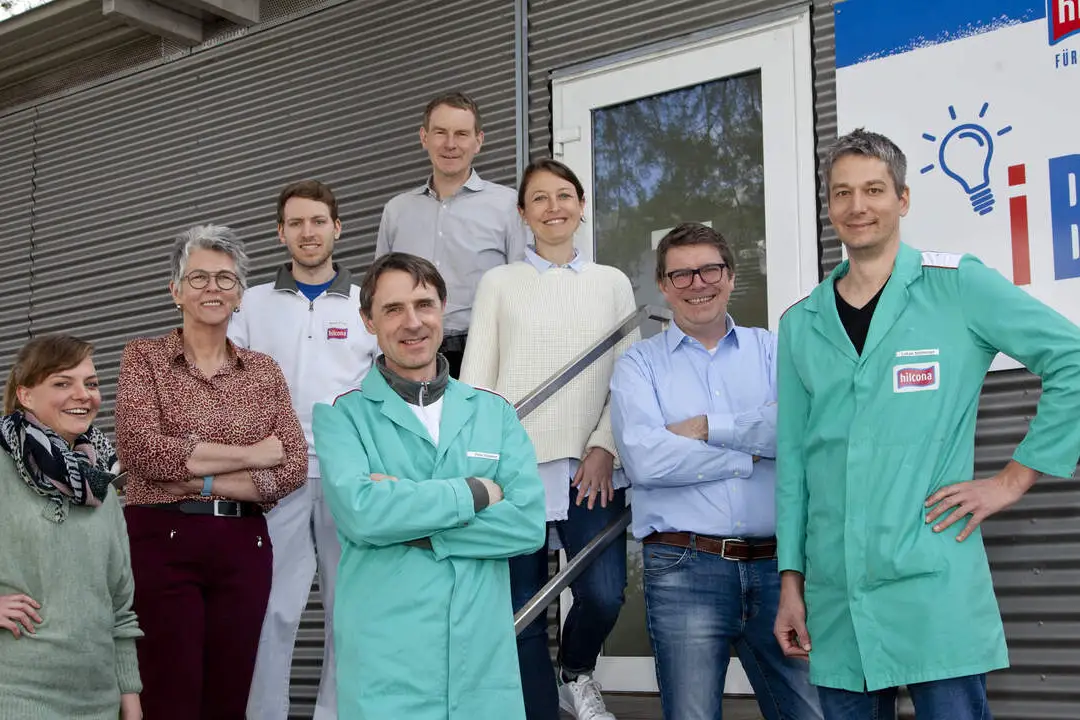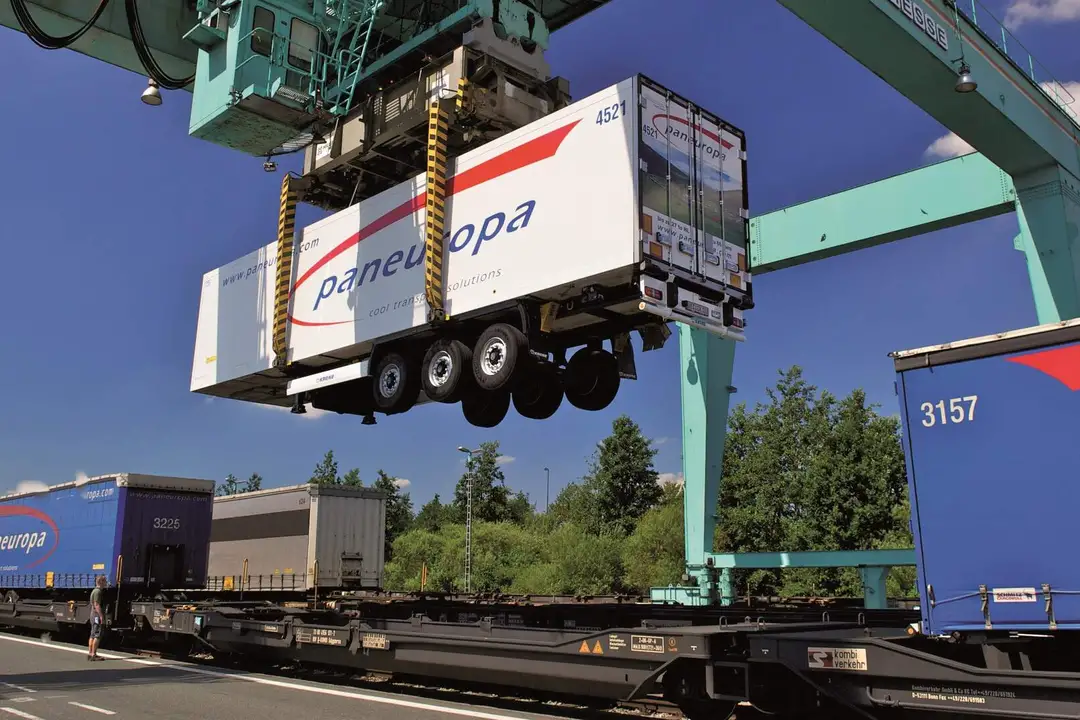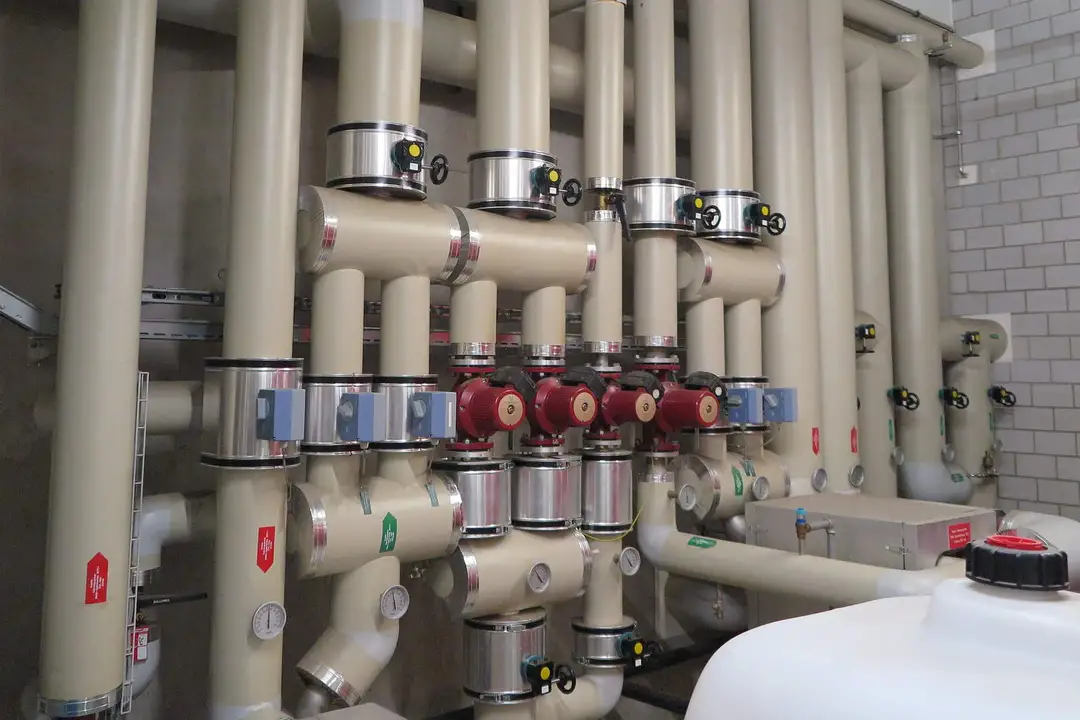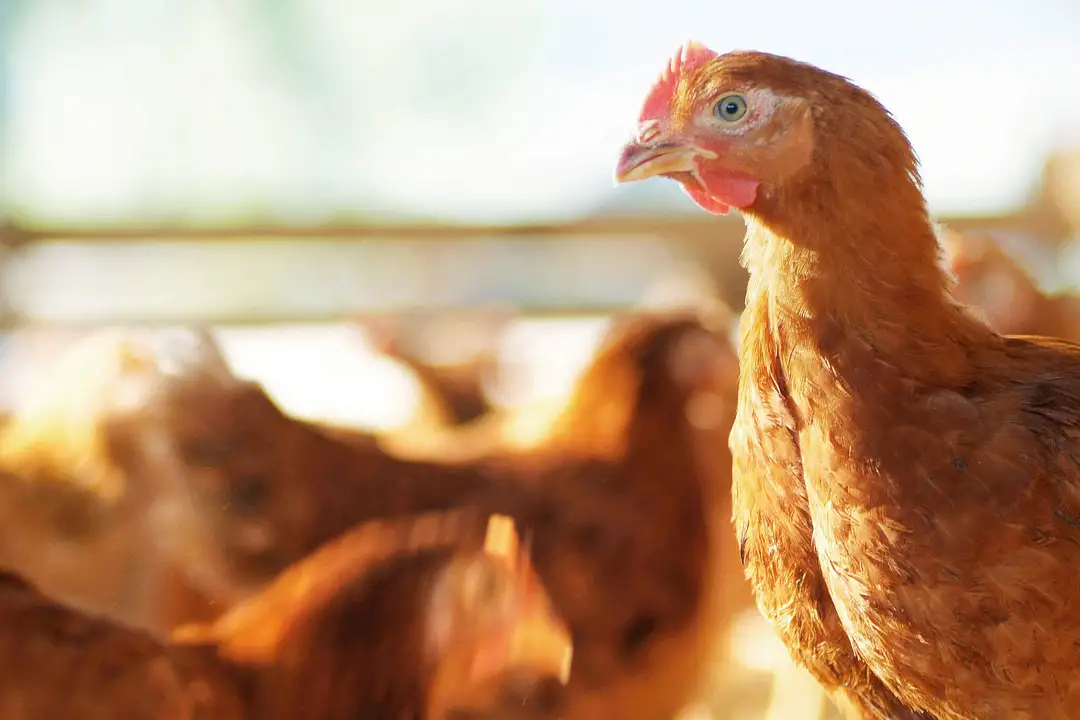
Corporate Responsibility
We live responsibility - The Bell Food Group respects the needs of people, animals and nature when developing its product range and designing its business processes.
Sustainability is a core value of the Bell Food Group. As one of the largest food manufacturers in Switzerland and a major player in the European food industry, we combine high-quality food production with environmental and social responsibility and good governance (ESG). Our mission is to preserve these resources and produce high-quality food sustainably - taking into account the needs of producers, consumers and the sustainable development of our company. Because only an economically successful company can guarantee fair and equitable food production.

«Our ambitious sustainability strategy is a central pillar of our corporate culture and will be consistently pursued.»
Marco Tschanz, Chief Executive Officer (CEO)
Our sustainability strategy: clear priorities, concrete goals
With our Sustainability Strategy 2022-2026, we are setting clear priorities in the three key dimensions:
"Environmental responsibility", "Social responsibility" and "Governance".
Eight strategic fields of action form the framework of the strategy and take into account both the further corporate development of the Bell Food Group and the increased focus on sustainability along the entire value chain. Our sustainability strategy 2022-2026 applies uniformly to all subsidiaries and business units of the Bell Food Group and ensures that we take responsibility together - today and for the future.
A comprehensive materiality analysis forms the basis of the strategy by identifying and prioritizing the most important sustainability issues for the Bell Food Group. This enables us to make a targeted and effective contribution to sustainable development.
Our progress in figures
Clearly defined key figures make our progress measurable and transparent. They relate to international standards in the area of sustainability and show how we are achieving our sustainability strategy goals step by step. The following figures illustrate developments in the 2023 financial year compared to the previous year.
(-3.65 %)
(+0.35 %)
(-8.21 %)
(+18.47 %)
Further information
Would you like to find out more about the Bell Food Group and its sustainability strategy? In the following downloads you will find detailed information on how the Bell Food Group defines its strategic framework in the area of sustainability and which measures it implements. You can also read more details on sustainability in the Annual Report of the Bell Food Group.
Non-financial reporting
Since 2023, the official non-financial reporting has been handled by the Coop Group Cooperative, as the Bell Food Group is majority-owned by the Coop Group. This reporting fulfills the legal requirements for non-financial matters. The report is usually published in June and is available at www.taten-statt-worte.ch/nachhaltigkeitsbericht.














